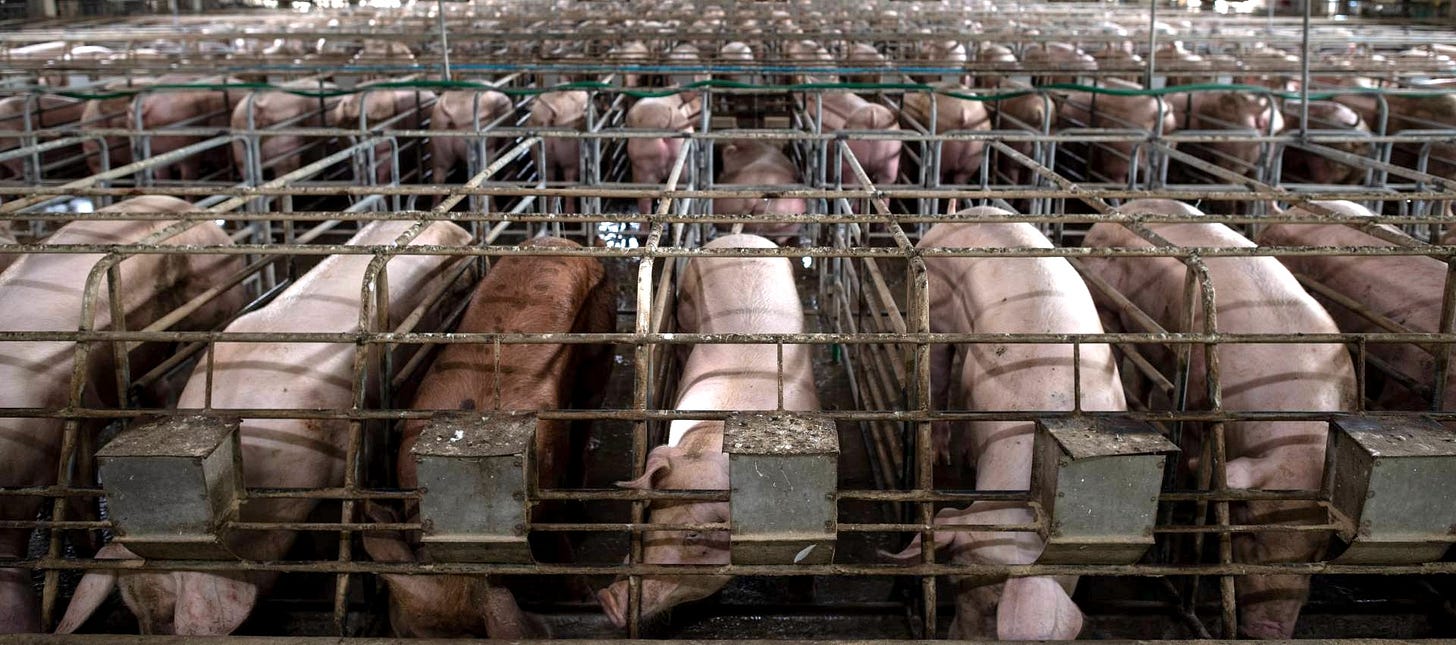Whenever I hear a talking head or some man on the street (usually a man) sound off about how the country should be run like a business—perhaps to explain their vote for noted bankruptcy expert Donald Trump or more recently to defend what DOGE is doing—my brain kicks off the other side of that conversation. I have questions.
What sort of business? That’s one of the first questions I want to ask them, because they always mention “business” in a generic way, gesturing towards a kind of Platonic ideal. But there’s no such thing as a generic or ideal business, only real ones, and presumably these people have had dealings with many of them. If the government was a business, then it wouldn’t be a small one obviously, like a bakery or a dry cleaner. It would have to be massive, and more of a service business than one that makes physical goods. It would also be a monopoly. That lands us on something like the cable company. Do people really want a government that’s more like the cable company?
I doubt they’d cheer for that, but maybe it depends on their relationship with the cable company. That would be my other line of inquiry. To the extent that we have relationships with businesses, we can be customers, employees, bosses, shareholders (also, suppliers, resellers, competitors), etc. And these are not mutually exclusive. In a country that’s run like a business, what would that make us, the citizens?
The country-as-a-business people will often go on to say that the government should be efficient, but even that is a two-sided concept. Efficiency can be about operating in a lean, low-cost way, but it can also suggest effectiveness—delivering competent services promptly and precisely. When pressed to elaborate, the country-as-a-business people usually jump to pet examples of waste and bloat, which means they are mostly concerned with the first one. I think this suggests they imagine themselves more as shareholders than as customers.
When it comes to the country and the federal government, we are both shareholders and customers of course, and people want it both ways—good service at the lowest possible cost. The problem is that the two sides of the efficiency coin are often in direct contradiction. What benefits bosses and shareholders often makes things worse for customers (and vice versa, at least in the bosses’ minds). When you’re lost in the aisles at Home Depot in search of a new hose nozzle, and there are no signs of an orange apron anywhere, that’s efficiency! When you’re on hold with the cable company, listening to a recorded voice tell you for the umpteenth time that you can find most answers on the website, and punching zero on your phone doesn’t do anything… that’s efficiency! It’s efficiency that benefits the bosses and shareholders.
We have optimized our food industry for efficiency as well, in ways that benefit bosses and shareholders, though it’s also good for customers in the sense that it keeps prices low. But there are hidden costs that manifest in avian flu epidemics and egg shortages, and in scenes like this:
That’s efficiency at the expense of animal welfare and human health.
I’m not pushing back on the idea that government should be efficient, but I have a problem (as usual) with people who haven’t spent any time thinking about how things actually work or what their own words actually mean. Efficiency for who, and at what cost?





